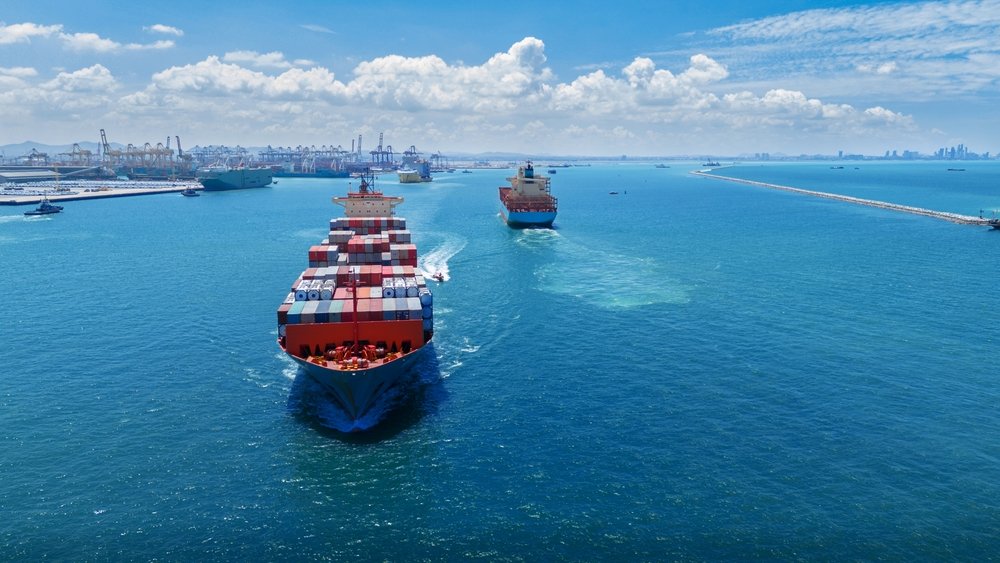The debate surrounding CO₂ emissions from cargo ships attracted considerable attention. At the International Maritime Organization meetings in London, the US delegation took a firm stance, rejecting a global levy on high-emission vessels. From the US perspective, this levy would have increased trade costs, as stricter emissions limits would have triggered substantial expenses. In discussions in Brussels and Washington, American representatives explained that their trade policy had to protect stable markets. Furthermore, the country’s climate strategy clearly prioritized technological innovation over new burdens. As a result, cargo ships became the focus of an international conflict that significantly influenced the course of climate negotiations.
Strategic Interventions in the International Debate on Cargo Ships
More than 100 countries had supported a levy on high-emission cargo ships, but Washington intervened decisively. Administration representatives considered the shipping levy a threat, as they believed new emission limits would create price pressure on consumers. The maritime levy appeared underdeveloped to many participants, but numerous delegates viewed it as a major step forward. The US pursued a climate strategy that prioritized technological solutions over blanket levies.

In discussions, the administration emphasized that stable markets are only possible through a consistent trade policy. Critics described the American approach as tough, but Washington viewed it as a shield for its own trade strategy. Several Caribbean and Latin American countries received indications of potential market disruptions. Administration representatives sought dialogue to clarify the consequences of new emissions targets.
New Priorities for Climate Policy, Trade Policy, and Shipping Tax
In public statements, President Trump expressed doubts about global climate programs. He called them “the biggest deception ever perpetrated on the world.” The US did not see its role as supporting international systems that, in its view, distributed unfair burdens. The administration emphasized that a maritime tax would disproportionately burden cargo ships and that emissions limits would be virtually unattainable without technological alternatives.
At meetings in London and Brussels, Washington made it clear that its own trade strategy took precedence. Representatives explained that the US climate strategy relies on market-oriented innovation. Cargo ships play a vital role in global trade, and the government considered rigid emissions standards without global coordination to be counterproductive. The US side made it clear that it would not support a levy that would primarily strengthen European climate policy.
A crucial vote with symbolic significance
The proposed rules would have required cargo ships to make payments if they exceeded defined emissions limits. These emissions standards were regularly tightened, and the maritime levy was intended to force the industry to undertake costly conversions. Although several major economies supported the measure, Washington viewed it as a structural burden on trade policy. Experts expressed concern about rising costs along global supply chains.
A week before the vote, Washington issued a statement urging countries to carefully consider their national interests. The US stated that clear limits on international regulations were necessary to ensure economic stability. On October 17, delegations narrowly voted to postpone the vote for a year, effectively halting the project. Washington representatives viewed the outcome as a success of a consistent strategy.
A Consistent Stance and International Reactions
Following the decision, Marco Rubio praised the American coalition’s work. He stated that the US would again take a firm stance on similar projects. International observers saw a new dynamic in climate policy, as Washington shifted the debate more towards economic impacts. Some delegates voiced criticism, but the US administration emphasized its obligation to protect cargo ships from unilateral levies.
The American trade strategy aligned closely with the climate strategy, as both approaches prioritized technological openness. Cargo ships remain crucial for global trade, and Washington views flexible emissions standards as a better long-term solution. The administration repeatedly stressed that international programs must not be detrimental to individual economies.
